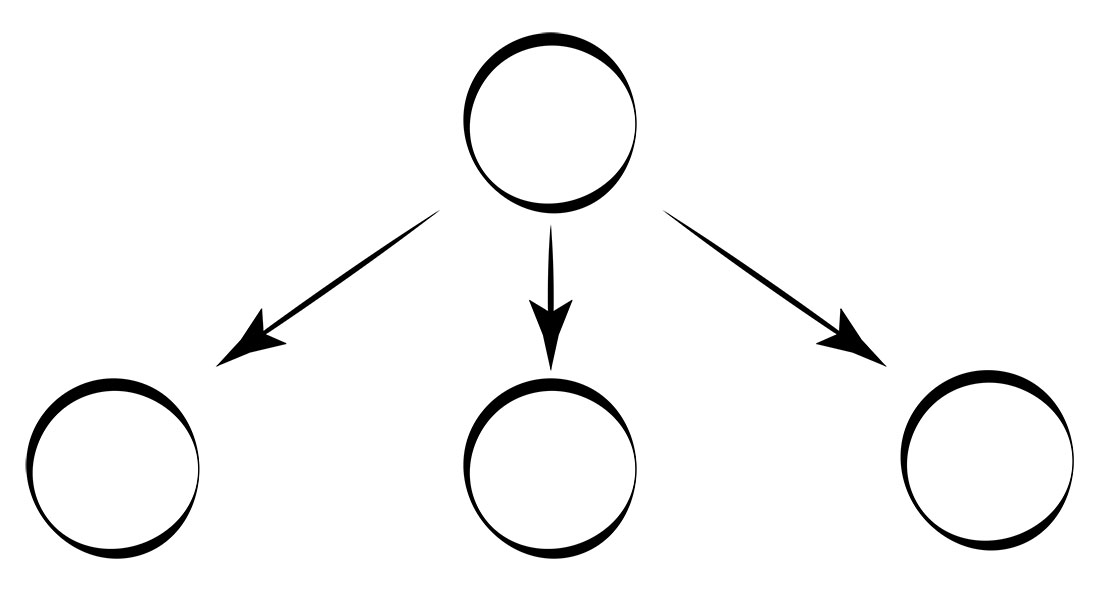And I would dispute that 'inciting incident' is more 'correct'. Writing and RPG design/play theory are two totally different topics. Why do you assume that we must use the terminology YOU happen to prefer and that this is the only correct term? 'Kicker' is a perfectly cromulent and succinct term for what we're talking about. It is an incident in the immediate past of a PC which provides an impetus to action. I don't think 'Inciting Incident' would be bad, maybe its better, maybe not, but surely written fiction is not exactly identical to RPG play and to demand that all our terminology is taken from a topic you seem specifically familiar with seems, well, demanding! I mean, I'm sure other people can come up with other terms that happen to be used by people here in RPG discussions which could be found to be close cognates to ones used in various other fields. I bet movie makers have their own term for an inciting incident for example.
Maybe this would be helpful- earlier in the thread, in addition to the use of "kicker," the use of the term "bang" came up.
Now, later on,
@Campbell explained as follows:
"Kickers and bangs come from Sorcerer, one of the most influential indie games. They form the basis of its play structures. ... Bangs are events that force players to make a dramatic decision for their character. They are moments of crisis where players have to choose who their characters really are as people through the choices they make. In Sorcerer players are responsible for trying to resolve their kickers. GMs are responsible for creating bangs that make that difficult."
So a few things. The first is this- I can understand why Campbell understands that Sorcerer is well-known, and I would even stipulate that it is an influential indie game. Here's the thing though ... what percentage of people do you think that visit enworld (not regular participants in the forums, but visitors) are familiar with Sorcerer?
Less than 10%? Less than 5%? Less than 1%? Less than .1%? So ... while I think Campbell's attempt there is genuinely helpful, we see the recursive effect of jargon.
Of course people should understand what a bang is, because it's a Forge term that came from Sorcerer! And everyone knows Sorcerer and should be able to discuss the gameplay mechanics in it- after all, it is one of the most influential indie games ever!
...but if you weren't already involved in the Forge, you probably don't know what Sorcerer is (or, at best, have a vague understanding of it as a game from a long time ago that was part of the Forge stuff). And that's what it all keeps getting back to- all of this not only builds on itself, but refers back to itself. For people that are already invested in this theory, these games, and these terms ... it can all seem rather obvious! For anyone else, you might as well be speaking Greek.
So when you say, "Why don't you use this term that we use to describe X," the unstated premise that you aren't saying is the identity of the "we."
You don't have to use "inciting incident." But others don't have to use "kickers" either. The Forge, and GNS, did not obtain a monopoly on verbiage or jargon. It's only useful to the extent that it help people understand the concepts. If your terminology is helpful, then other people will use it. And if it's not, they won't.
(A further issue is the extent to which some of the jargon is both re-inventing the wheel and also needlessly confusing by using terms that mean different things to most people than how they are defined. But that's a separate issue.)



